Courage to Heal
Dear Friends,
As a clinician, I have been taught how to assess people who may be thinking of ending their life. There is a formula, an assessment tool, and a crisis plan.
But I think we have it all wrong. We are so consumed with the idea of protecting our profession that we have forgotten how to be human. When people are in pain or in crisis, they don’t want to be interrogated. They need to be loved. They need to know that someone has their backs. They need someone to take over and lead them. And they need that help without it adding trauma to their already fragile hearts.
In my 15 years in this field, I have never seen the hopelessness I do now. It bears down on us from so many directions. Some of the causes are fresh, like the political climate, but plenty are repeat offenders, like personal finances or the holiday season. All together, they weigh heavily on our mental health.
I see and hear it every day: when I train first responders, when I pick up the phone, while talking to family, over dinner with friends.
Depression is a powerful liar. It lies so easily that it reshapes our perceptions and our reality. It tells us we are alone. It tells us we are not strong. It tells us we are a burden. It twists our own memories and new experiences to say that we are not worthy of life.
This web of lies limits us. It saps our will and makes every option look bleak. Worst of all, it makes asking for help seem more overwhelming than living our lives.
In this state of mind, “you are not alone” feels like another lie. Because when our souls are empty and lost, we feel isolated even when we are surrounded. This is the most insidious of the lies because it is compounded by society’s stigma about mental illness and particularly by the stigma around suicide and thoughts of suicide.
Even as we ask people in crisis to be brave, we must do better ourselves. We must face our own discomfort and fear of talking about suicide if we are ever going to effectively help those thinking about taking their own lives.
NAMI Chicago has the courage to believe that healing is possible.
We can help family members, and we can help people experiencing crisis. We promise that it is not too much for us. We are ready. We welcome you with open arms for you are never a burden. We will listen and love, not demand that you answer questions.
We understand that asking for help and talking about the hopelessness can be terrifying. We know it can sometimes seem even more frightening than taking your own life. That’s the mountain we must overcome, but we can do it together. We are patient, and we are here to help, and we will not give up on you.
Depression weaves its lies; we counter with truths.
We will not give up on you. We are here every day, ready to help, our hands outstretched.
Here is more truth to pierce the web of lies. We will never lie and say that everyone heals, but we will say that we see many people do it. The same people who could not lift their heads off the pillow one day, do find hope the next.
Another fact: Healing happens in relationships and in communities. But healing is hard. A broken bone knits itself back together again. But mental healing takes effort, conscious effort.
We have a mountain to climb together, and it will sometimes feel like an insurmountable barrier. Being with the pain is part of the healing experience, and that can feel like a lot to bear — but know that you won’t do it alone. We will be there with you every step of the way.
Here is one final set of truths. Hear them as if for the first time.
You are loved. You are brave. You are strong. Your emotions are your strength.
Call NAMI. We see you. We value you. Help is just an inch away. Please try.
Alexa James
Executive Director, NAMI Chicago
You can reach the NAMI Chicago Helpline 7 days a week at
(833) NAMI-CHI / (833) 626–4244.
Listen to our WBEZ interview about mental health and the holidays.
